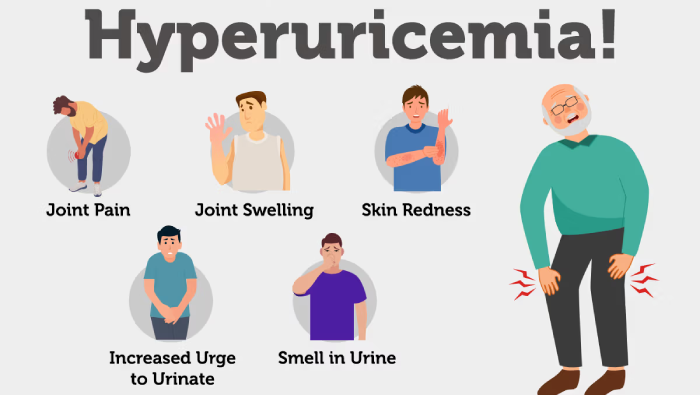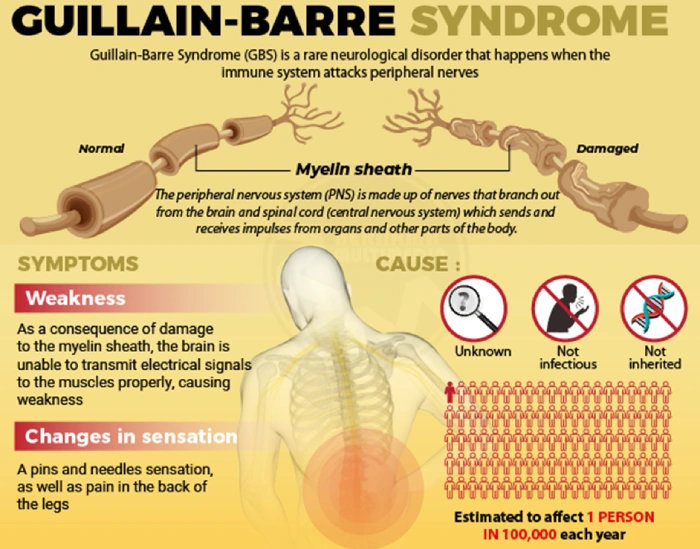Enhertu’s Approval and Its Impact on HER2-Low Breast Cancer
The U.S. Food and Drug Administration (FDA) has recently approved Enhertu (trastuzumab deruxtecan) for the treatment of adult patients with unresectable or metastatic hormone receptor (HR)-positive, human epidermal growth factor receptor 2 (HER2)-low or HER2-ultralow breast cancer. This approval marks a significant milestone in the treatment of breast cancer, particularly for patients with lower levels of HER2 expression, who have historically had limited targeted treatment options.
The Pathway to Approval
Enhertu’s approval was facilitated through the FDA’s Priority Review and Breakthrough Therapy Designation pathways, which are reserved for drugs that demonstrate substantial improvement over existing therapies for serious conditions. The approval was based on the results of the DESTINY-Breast06 phase 3 trial, which compared Enhertu to standard chemotherapy in patients with chemotherapy-naive HER2-low or HER2-ultralow metastatic breast cancer.
Clinical Trial Results
The DESTINY-Breast06 trial revealed that Enhertu significantly reduced the risk of disease progression or death compared to chemotherapy, with a hazard ratio of 0.64. Patients treated with Enhertu experienced a median progression-free survival of 13.2 months, compared to 8.1 months for those on chemotherapy. Additionally, the confirmed objective response rate was 62.6% for Enhertu, nearly double the 34.4% observed in the chemotherapy group.
Expanding Treatment Horizons
Dave Fredrickson, executive vice president of the Oncology Haematology Business Unit at AstraZeneca, emphasized the importance of this approval, stating that it brings Enhertu to an earlier treatment setting and a broader patient population. This approval underscores the necessity of testing metastatic breast cancer tumors for HER2 expression using standard immunohistochemistry tests to identify patients who may benefit from Enhertu following endocrine therapy.
Collaboration and Future Directions
Enhertu was developed through a collaboration between AstraZeneca and Daiichi Sankyo. This partnership has been instrumental in advancing the treatment landscape for HER2-expressing breast cancers. The approval of Enhertu for HER2-low and HER2-ultralow breast cancer represents a paradigm shift, offering new hope for patients who previously had fewer targeted options.
Commentary by SuppBase columnist Alice Winters

The approval of Enhertu for HER2-low and HER2-ultralow breast cancer is a groundbreaking development in oncology. This decision by the FDA not only validates the efficacy of Enhertu but also highlights the evolving understanding of HER2 expression in breast cancer. Traditionally, HER2-positive breast cancer has been the focus of targeted therapies, but this approval expands the scope to include patients with lower levels of HER2 expression, who constitute a significant portion of breast cancer cases.
Ingredient Analysis and Mechanism of Action
Enhertu is an antibody-drug conjugate (ADC) that combines trastuzumab, a monoclonal antibody targeting HER2, with deruxtecan, a potent topoisomerase I inhibitor. This combination allows for targeted delivery of the cytotoxic agent directly to HER2-expressing cancer cells, minimizing damage to healthy tissues. The precision of this mechanism is particularly beneficial for patients with low HER2 expression, where traditional HER2-targeted therapies may be less effective.
Efficacy and Safety Profile
The results from the DESTINY-Breast06 trial are compelling, demonstrating a significant improvement in progression-free survival and objective response rates compared to chemotherapy. However, it is important to consider the safety profile of Enhertu. While the drug is generally well-tolerated, it is associated with certain side effects, including interstitial lung disease and pneumonitis, which require careful monitoring. The benefits of Enhertu must be weighed against these potential risks, particularly in a patient population that may have undergone multiple prior therapies.
Market Impact and Consumer Considerations
The approval of Enhertu is likely to have a substantial impact on the market for breast cancer treatments. It provides a new option for patients with HER2-low and HER2-ultralow breast cancer, a group that has historically been underserved. From a consumer perspective, the availability of Enhertu offers hope for improved outcomes, but it also raises questions about accessibility and cost. As with many advanced therapies, the price of Enhertu may be a barrier for some patients, highlighting the need for discussions around insurance coverage and patient assistance programs.
Future Directions and Research
The success of Enhertu in HER2-low and HER2-ultralow breast cancer opens the door for further research into ADCs and other targeted therapies. Future studies may explore the use of Enhertu in combination with other treatments, as well as its efficacy in other types of cancer with low HER2 expression. Additionally, ongoing research into biomarkers and diagnostic tools will be crucial in identifying patients who are most likely to benefit from this therapy.
In conclusion, the approval of Enhertu represents a significant advancement in the treatment of HER2-low and HER2-ultralow breast cancer. It offers new hope for patients and underscores the importance of continued innovation in oncology. As we move forward, it will be essential to monitor the real-world impact of this therapy and ensure that it is accessible to all patients who may benefit from it.



